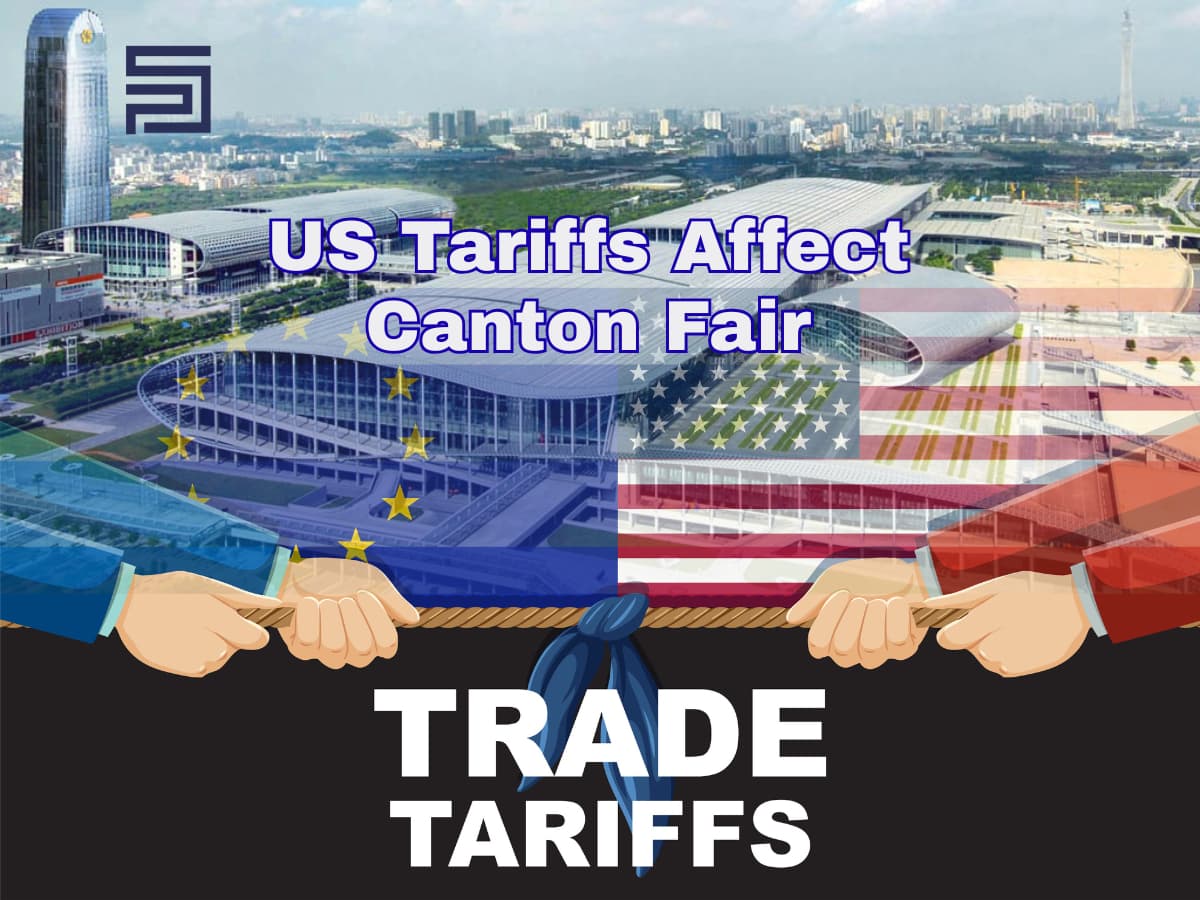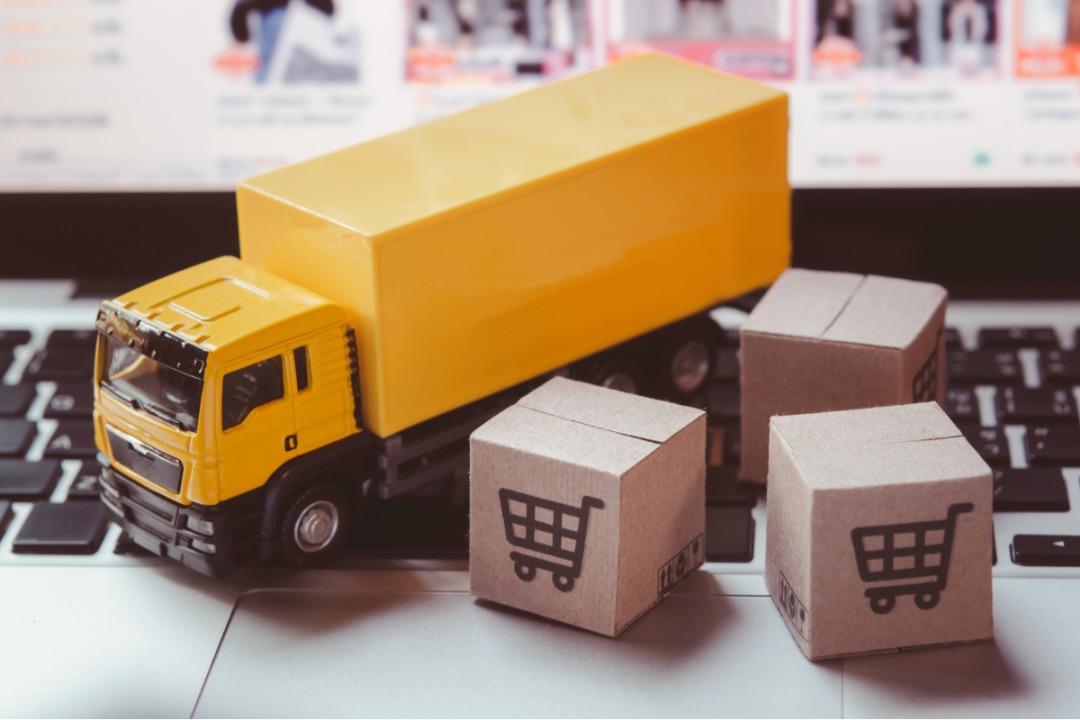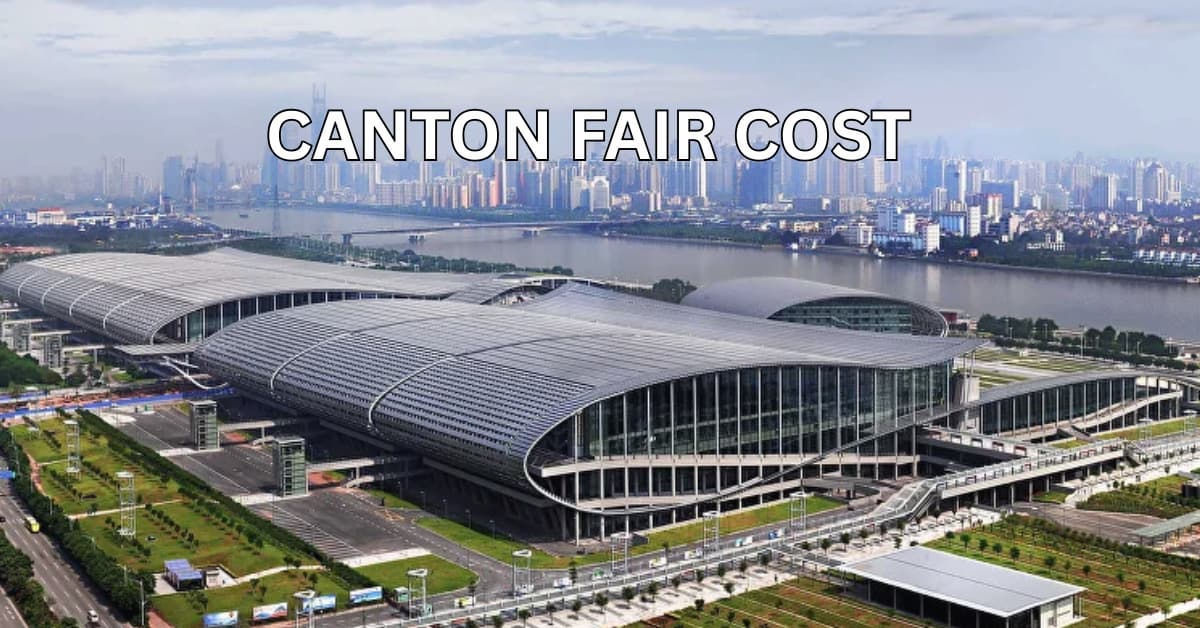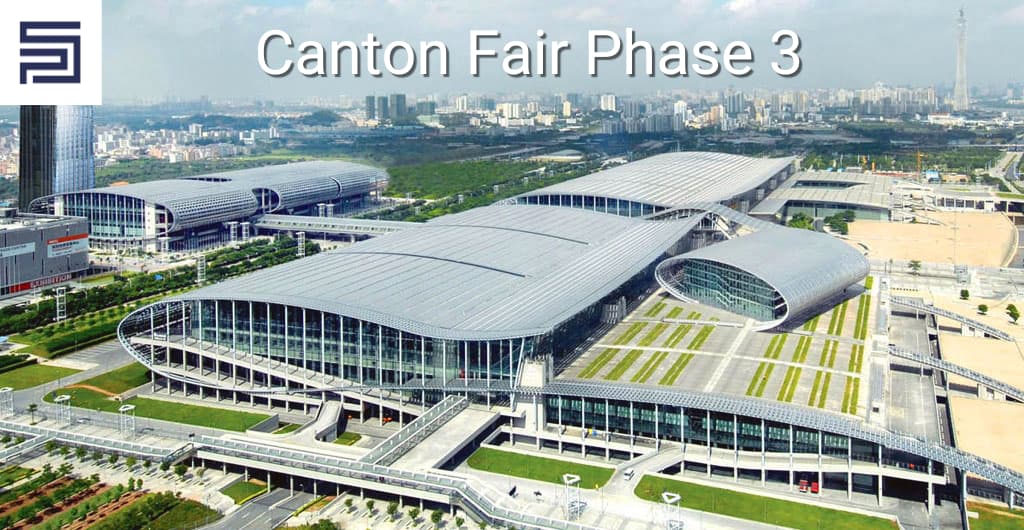The recent announcement of a sweeping 100% additional tariff on all Chinese goods by the White House has sent shockwaves through the global supply chain, with the new duties set to take effect as early as November 1, 2025.
This dramatic escalation in the U.S.-China trade war creates unprecedented uncertainty for attendees of the Canton Fair, China's largest and most important trade expo.
For the thousands of international buyers and Chinese suppliers preparing to connect, understanding how new US tariffs affect Canton Fair suppliers is no longer a strategic advantage; it's a critical necessity for survival.
This guide breaks down the changes, the immediate impacts, and the practical strategies both sides must adopt to navigate this volatile new landscape.
What Changed: Timeline & The New Tariff Picture
The trade environment in 2025 has been a rollercoaster for importers. After a period of escalating tensions, the situation has now reached a critical point, severely impacting sourcing decisions.
The impact of the 2025 Canton Fair tariffs is a direct result of a rapidly evolving series of U.S. trade actions.
Here’s a brief timeline of the key events this year:
- Early 2025: The year began with a series of steep tariff hikes, with average duties on Chinese goods rising significantly and causing initial market panic.
- Spring/Summer 2025: Following intense negotiations, a fragile truce led to a temporary reduction in some tariffs, offering a brief window of relief for importers and prompting a cautious sense of optimism.
- October 2025: In a stunning reversal, the White House announced plans to levy an additional 100% tariff on all Chinese imports. This action was positioned as a response to China's own expanded export controls on rare earths and other critical materials.
This latest move effectively doubles the cost of most goods sourced from China for U.S. buyers, fundamentally altering the landed cost calculations for any orders placed at the Canton Fair.
Knowing how new tariffs will affect Canton Fair negotiations is crucial; prices and terms that were viable just weeks ago are now completely obsolete.
Immediate Effects Seen At The Canton Fair
The repercussions of the tariff war are already visible on the ground in Guangzhou. Here are some of the effects we have seen:
- Sharp decline in buyer attendance from the U.S. and Europe; now only a fraction of the previous numbers.
- Many suppliers are holding shipments in warehouses rather than risk exporting goods that could be rejected or become unprofitable due to new duties.
- Suppliers describe the situation as a “life-or-death” moment, with severe revenue and survival implications.
- Supply-chain and logistics disruptions, increased freight/storage costs, and greater risk for both buyers and suppliers.
What Product Categories Are Most At Risk?
While the new tariff is broad, certain categories face exceptional risk due to a combination of existing duties, high U.S. market dependency, and China's own new export controls. The most vulnerable products include:
- Consumer Electronics: Items like smart home devices, personal electronics, and accessories. These products are being showcased in the Canton Fair Phase 1.
- EV Parts & Batteries: Components critical to the electric vehicle supply chain, including lithium-ion batteries and their materials. These products are being showcased in the Canton Fair Phase 1.
- Products Linked to Rare Earths: Any item containing rare earth minerals, which are now subject to strict export controls from China, creates a dual risk of supply disruption and high tariffs.
- General Consumer Goods: Categories like furniture, lighting, and home décor, which have historically been major exports to the U.S. market. These products are being showcased in the Canton Fair Phase 2.
Supplier Strategies You'll See at the Canton Fair
In response to the near-total collapse of U.S. orders, Chinese suppliers are rapidly adapting their strategies.
The most prominent of the Canton Fair 2025 trends non-US buyers are now seeing is an aggressive pivot toward market diversification.
Suppliers are actively courting buyers from regions unaffected by the tariffs, with a strong focus on:
- ASEAN countries (e.g., Vietnam, Malaysia, Thailand)
- Latin America (e.g., Brazil, Mexico)
- Africa (e.g., Nigeria)
- Belt and Road Initiative nations
Beyond seeking new customers, suppliers are offering more flexible terms to secure deals, such as ex-works (EXW) discounts that shift the shipping and customs burden to the buyer.
Others are exploring relocating parts of their manufacturing to nearby countries like Vietnam and Thailand, a "China+1" strategy designed to legally circumvent the U.S. tariffs by changing the country of origin for their products.
Practical Steps For Buyers & Sourcing Managers
For U.S. buyers still sourcing from China, navigating the tariff minefield requires a proactive and strategic approach. It's no longer enough to negotiate price; you must manage risk and landed costs with precision.
Here are six tactical steps you should take immediately:
1. Insist on DDP Quotes:
Shift the risk by requesting Delivered Duty Paid (DDP) quotes from suppliers. This makes the supplier legally responsible for all costs and risks, including tariffs, until the goods are delivered to your door.
Do you want to know how to implement this properly? Talk to one of our experts at SARA, and we will handle your DDP quotes & customs strategy for you.
2. Calculate Accurate Landed Costs:
Don't rely on old formulas. Factor in the new tariff, customs fees, and shipping costs to understand your true cost of goods before placing any order. Our experts at SARA can run landed costs for your Canton Fair orders.
3. Use Bonded Warehouses or Foreign Trade Zones (FTZs):
If you're unsure about immediate demand, ship goods to a bonded warehouse or FTZ in the U.S. This allows you to defer paying duties until the goods are withdrawn for domestic consumption.
You can contact our customs brokers to get their recommendation on which storage facility in the US is the best.
4. Negotiate "Tariff Sharing" Clauses:
For long-term partners, propose contract clauses that split the burden of any future tariff increase, protecting both parties from sudden shocks.
5. Explore In-Transit Exemptions:
Goods that were already en route to the U.S. when new tariffs were announced may be eligible for an exemption. Check with our customs broker at SARA to see if your shipments qualify.
6. Verify Country of Origin:
If a supplier claims goods are produced in a third country (e.g., Vietnam), demand documentation to legally verify the origin. Misclassifying origin can lead to severe penalties.
You can rely on our sourcing experts to verify everything; if required, we’ll have our Chinese partners visit the factories in person.
What Buyers & Suppliers Should Do Next
The new U.S. tariffs have fundamentally changed the calculus for anyone doing business at the Canton Fair.
For suppliers, it means rapidly shifting markets, creative pricing, and urgent cash-flow management.
For buyers, it means re-checking every PO, re-running landed costs, and tightening contracts to share or shift tariff risk.
Practical next steps:
- Recalculate landed cost for every active order (include the new tariff).
- Move high-risk shipments to bonded storage or pause until you’ve confirmed duties/exemptions.
- Lock in contract language now (DDP, tariff-sharing, origin verification) and verify factories when needed.
If you need a partner to act fast, SARA can help. We run landed-cost scenarios, arrange DDP and bonded-warehouse solutions, verify suppliers on-site, and coordinate customs strategy so your Canton Fair sourcing remains profitable and compliant.
Ready to protect your orders?






Comments
Please log in to leave a comment.